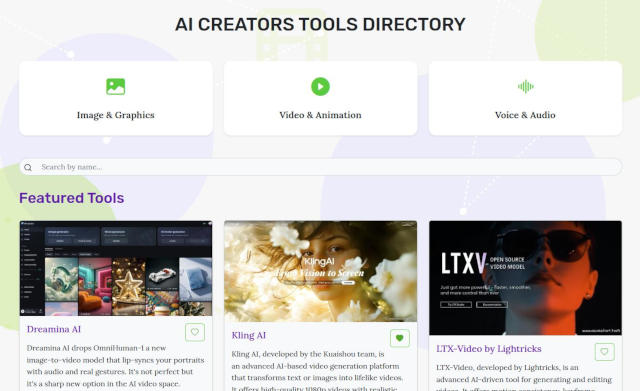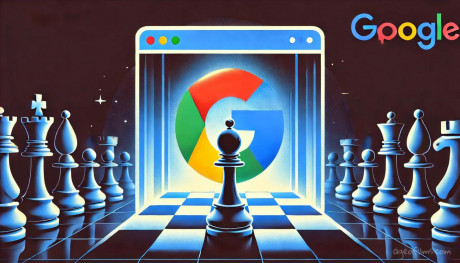How AI is Redefining Search: The Future of Information, Content Creation, and Attribution
Remember the last time you looked up a "how-to" online? You probably clicked through a few sites before finding the answer. Now imagine an assistant on your computer walking you through every step with natural conversation. It’s not sci-fi—it’s already here and it’s changing how we find information.
Goodbye, Old Search Engines
The days of typing a query, scrolling through links, and hoping for the best are fading.
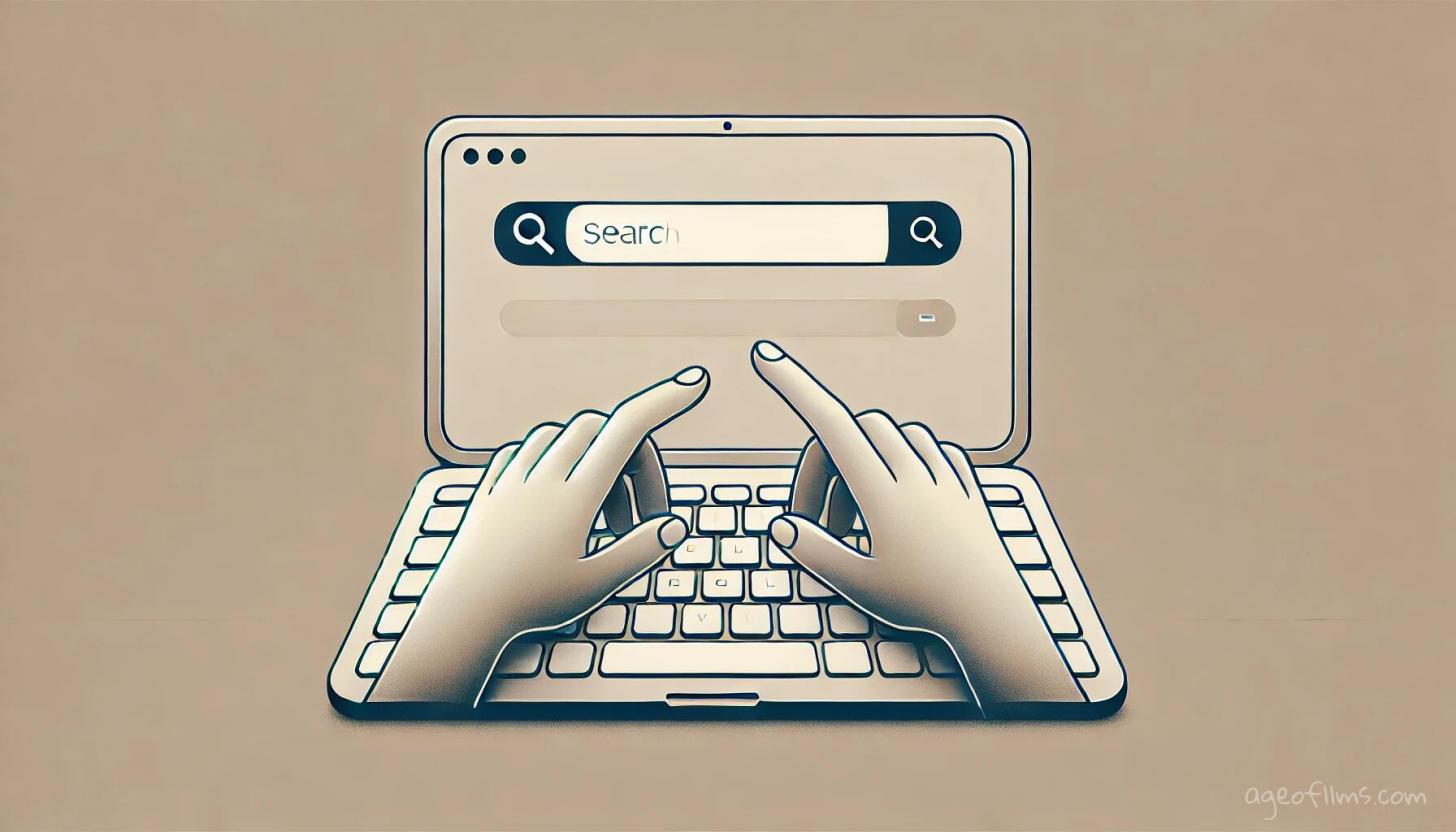
AI-driven tools like ChatGPT and Perplexity already skip the links and give you straight answers.
And platforms like Nvidia’s Project R2X are taking it even further.
In this example, the agent advises how to use Photoshop's tools.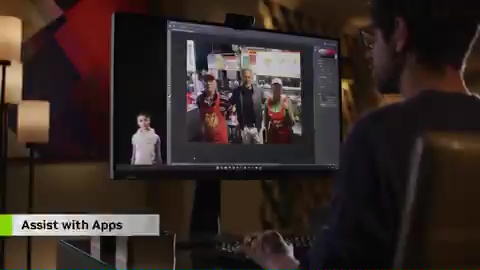
These new AI agents don’t just text back. They talk, see, and interact. Want to learn Photoshop? Instead of hunting down a video tutorial, you can chat with an AI that guides you step by step and answers all your questions.
The YouTube video Google Search Is Collapsing shared some interesting data:
- Users often click attribution links in tools like SearchGPT to double-check info, especially since AI can mess up or “hallucinate.”
- The author noted that during his research, he clicked about one-third of the links shown in SearchGPT’s side panel.
- Data from Siege Media shows Google’s AI overviews boosted overall search clicks by 4.43%. E-commerce sites saw a 3.2% bump specifically.
Even though AI gives fast answers, people still visit linked sources to make sure the info is accurate.
But What Happens if AI Gets Smarter?
Here’s the twist: this works because people don’t fully trust AI yet knowing it's prone to hallucinations. If AI improves and feels more reliable, will users stop clicking? It’s possible. After all, clicking takes effort, and people naturally avoid extra steps if they don’t have to.
Zero-Click Searches Are Rising
An MIT Technology Review article backs this up, pointing to trends like:
- AI Overviews: Tools like Perplexity focus on giving detailed answers right in the search results. Their tagline? “Skip the links.”
- Zero-Click Searches: More users are finding what they need directly from search results without visiting other sites.
- User Behavior: People prefer fast, simple answers. Conversational AI tools match this by giving info immediately, no clicks needed.
While some users still check sources to verify or dive deeper, the big trend shows that most prefer to keep things easy.
For now, AI links still get clicks because users don’t fully trust the answers. But if AI becomes super reliable, those clicks might dry up. Creators and site owners need to prepare for this shift by thinking about new ways to stay relevant in a zero-click world.
Would you still click a link if the AI seemed 100% accurate?
What About Content Creators?
This shift is a huge deal for creators and website owners. How-to blogs, recipe sites, and educational platforms rely on search engine traffic. But when AI handles the answers, users don’t need to visit those sites anymore.
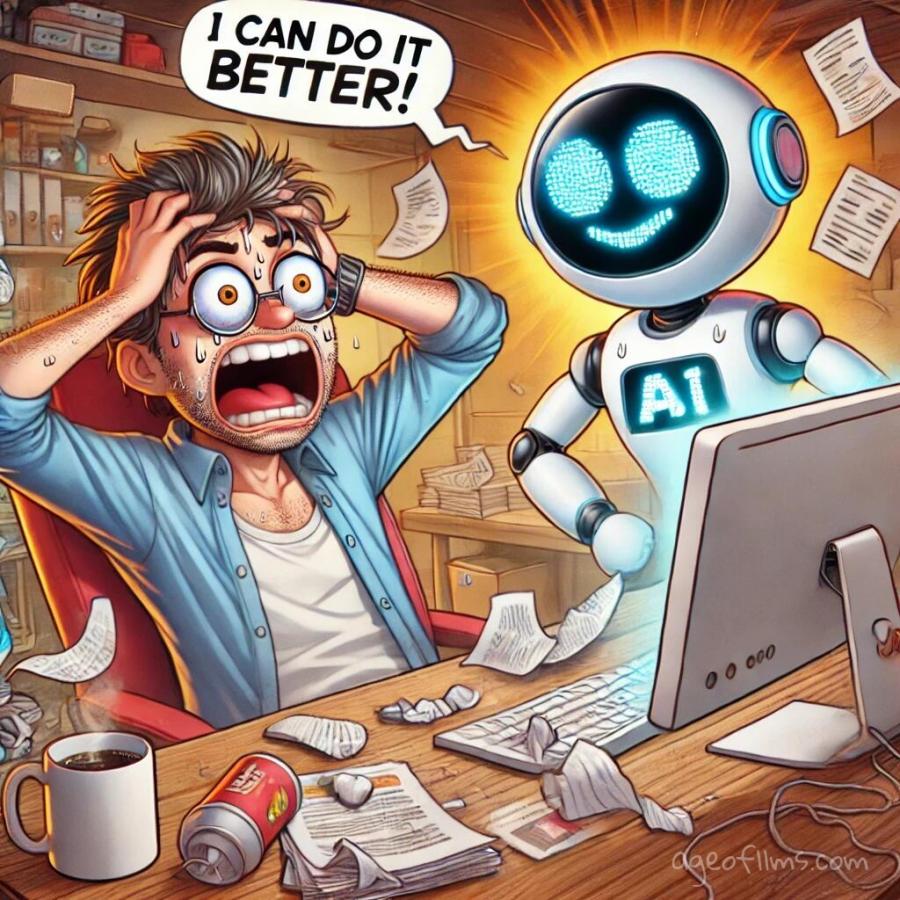
Big questions are also cropping up about credit and ownership. AI pulls info from tons of sources but doesn’t always say where it came from. Unlike search engines that link to the source, AI often keeps that info in-house. This raises concerns about giving proper credit to the people who created the content in the first place.
As we move into this AI-driven future, one big challenge remains: How do we enjoy the convenience of AI while making sure creators get the credit they deserve?
Could a Hybrid System Solve the AI Attribution Problem?
Here’s a thought—what if we could find a way for AI platforms to credit and pay content creators? It could be like how Spotify changed music. Artists still make music independently, but the platform handles sharing and payments. We might need something similar for online content.
Imagine this:
- Tech companies build systems that track how often AI uses specific content.
- Creators get paid every time their information is used.
This could keep content creation distributed while solving the problem of who gets credit.
What About Real-Time Attribution?
Like when you talk to your AI avatar in plain English and it voices its answer right back? Suppose AI could show its sources while it talks. Maybe a little sidebar pops up, like YouTube’s info cards. Each card could list the author or website and show a preview.
Users could click if they wanted to see more. Some folks might prefer reading over listening anyway, so it covers both options.
What if the AI asked you how you want to learn?
- It could say, "I can explain this step by step, or if you prefer reading, I can show the full guide by [author]. Which do you want?"
- Audio learners stick with the voice explanation.
- Visual learners click to read the detailed guide.
- Some might do both—it’s all about personal preference.
Making It Worth Clicking
The AI could also mention when a source has extras, like this:
"I’ve explained the basics, but [author] has a detailed guide with screenshots and tips. Want to check it out?"
This gives people a reason to click. They know the link offers something they can’t get from the AI straight away.
How Creators Can Stay Ahead
Creators could tweak their content to fit into this new setup. Our AI overlords ;) (chatbots I've posed this question for) suggest, for example:
- Make resources that go deeper than AI can.
- Add visuals or interactive features AI can’t mimic (yet?).
- Position their work as the "next step" after the AI’s quick overview.
Some users will be happy with the AI’s help, but others will click through for more. Creators who adapt will still hopefully find an audience.
Would this mix of AI and human content work? Could it keep people clicking while making sure creators get paid? And would you click a source link if the AI made it easy?
Published: Jan 8, 2025 at 12:54 PM
Related Posts

Meet ChatGPT Search!
1 Nov 2024
